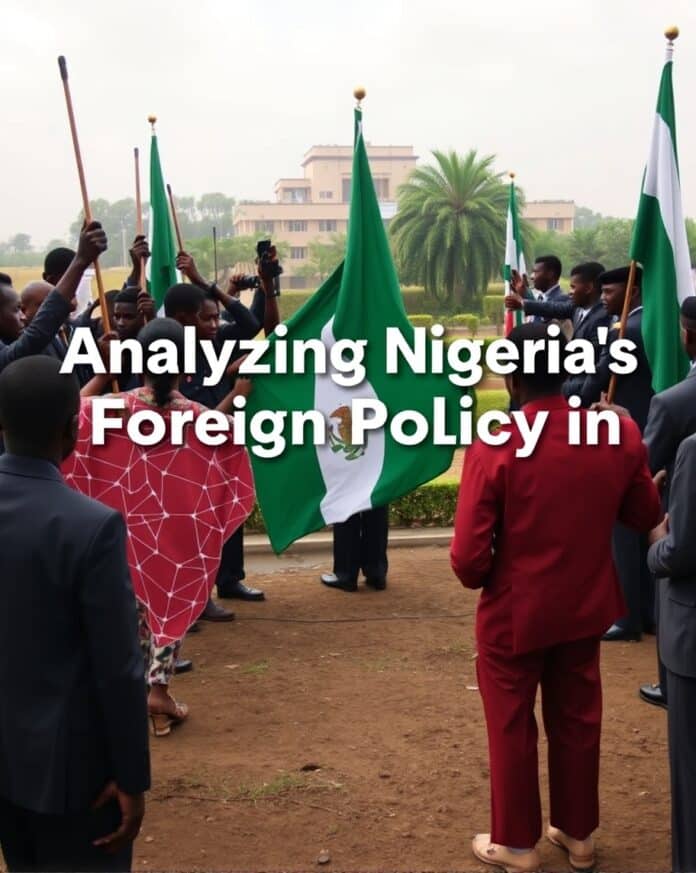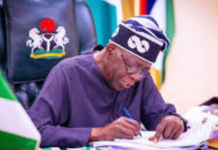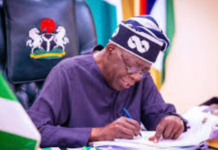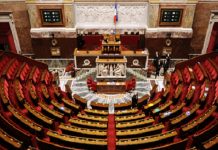Nigeria’s foreign policy has long been a blend of regional leadership, economic integration, and the promotion of peace and stability across West Africa. As the most populous nation in Africa and one of the continent’s largest economies, Nigeria has a vested interest in shaping West Africa’s socio-political and economic landscape. This article delves into Nigeria’s foreign policy priorities, achievements, and challenges, focusing on its role in West Africa.
Historical Background and Policy Shifts
Since gaining independence in 1960, Nigeria has emphasized Africa as the cornerstone of its foreign policy. This policy orientation was formalized in the 1970s, notably during General Yakubu Gowon’s administration, which highlighted Nigeria’s commitment to African unity and anti-colonialism. Over the years, Nigeria’s approach has evolved, shifting from ideological support for liberation movements to a pragmatic focus on regional stability, economic cooperation, and counter-terrorism.
Key Pillars of Nigeria’s Foreign Policy in West Africa
1.Regional Stability and Peacekeeping Initiatives
Nigeria has been at the forefront of regional peace and stability efforts. The Economic Community of West African States (ECOWAS), established in 1975, was co-founded by Nigeria to promote economic cooperation and reduce regional conflicts. In later years, ECOWAS became instrumental in peacekeeping, with Nigeria often playing a leading role in missions in countries like Liberia, Sierra Leone, and Mali. Nigeria’s peacekeeping contributions in these nations underscore its commitment to regional stability, often sending large contingents of military personnel to ECOWAS-led missions.
2.Economic Integration and Development
Nigeria is a strong advocate for regional economic integration within West Africa. ECOWAS was initially envisioned as an economic union, and Nigeria has worked to strengthen trade agreements, promote free movement of goods and people, and reduce trade barriers among member states. Nigeria’s economic strength has helped in establishing and sustaining ECOWAS initiatives such as the ECOWAS Trade Liberalization Scheme (ETLS) and the Common External Tariff (CET), aimed at enhancing intra-regional trade and creating a single market for goods and services.
3.Combating Insecurity and Terrorism
Over recent years, Nigeria’s foreign policy has increasingly focused on combating insecurity, particularly the threat posed by Boko Haram and other terrorist groups in the Lake Chad Basin. This approach has fostered a new dimension of regional collaboration through joint security operations and intelligence-sharing, involving Niger, Chad, Cameroon, and Benin. Nigeria has also worked with international partners to address cross-border issues such as arms smuggling, human trafficking, and illicit drug trade that fuel insecurity in West Africa.
4.Humanitarian Support and Refugee Assistance
Conflicts in neighboring countries have often led to a spillover effect, with Nigeria frequently hosting refugees from nations like Cameroon, Chad, and the Central African Republic. Nigeria’s foreign policy framework includes mechanisms for humanitarian assistance and collaborative efforts with the United Nations and other agencies to provide food, shelter, and healthcare to displaced populations. This commitment highlights Nigeria’s dedication to human security as part of its foreign policy agenda.
Key Achievements
Nigeria’s proactive foreign policy has led to several significant achievements:
Conflict Resolution and Peacekeeping: Nigeria’s military and diplomatic interventions in countries like Liberia and Sierra Leone have contributed to relative peace and democratic processes in these states.
Economic Initiatives: Nigeria’s advocacy for ECOWAS and the African Continental Free Trade Area (AfCFTA) supports trade liberalization across the region, enabling increased commerce and economic growth.
Diplomatic Influence: Nigeria remains a prominent voice in regional organizations, influencing policies and decision making processes that shape West Africa’s future.
Challenges Facing Nigeria’s Foreign Policy in West Africa
1.Domestic Constraints and Economic Limitations
Nigeria’s recurring economic challenges, including fluctuating oil prices, inflation, and infrastructure deficits, have often limited its capacity to fully engage in regional projects. While Nigeria’s influence remains substantial, domestic issues can strain its ability to invest in West African initiatives, particularly when faced with budgetary constraints.
2.Security Concerns and Military Overstretch
The persistent threat of Boko Haram and the impact of banditry and kidnapping across northern Nigeria have stretched Nigeria’s military resources. Balancing domestic security with peacekeeping commitments in neighboring countries poses a challenge to the sustainability of its regional foreign policy.
3.Political and Diplomatic Complexities
Despite Nigeria’s efforts, its foreign policy is occasionally met with resistance from neighboring countries. Nationalistic interests, policy disagreements, and occasional diplomatic tensions within ECOWAS can complicate Nigeria’s leadership ambitions in the region.
4.Border Disputes and Migration Issues
West Africa’s porous borders have historically facilitated easy migration but have also contributed to smuggling, illegal mining, and human trafficking. Nigeria’s foreign policy must navigate the delicate balance between supporting free movement within ECOWAS and addressing security risks associated with border control.
Future Directions for Nigeria’s Foreign Policy in West Africa
Looking ahead, Nigeria’s foreign policy in West Africa is likely to emphasize three main areas: enhancing economic integration through AfCFTA, strengthening regional security collaboration, and promoting sustainable development goals in partnership with ECOWAS members. To address ongoing challenges, Nigeria may need to adopt a more targeted approach, focusing on specific security issues, trade partnerships, and bilateral relations that can yield impactful results.
Additionally, as the African Union’s Agenda 2063 unfolds, Nigeria’s foreign policy may play a crucial role in aligning West Africa’s development priorities with continental goals, positioning itself as a leading advocate for infrastructure investment, digital transformation, and environmental sustainability.
Conclusion
Nigeria’s foreign policy in West Africa is rooted in its commitment to regional stability, economic integration, and cooperative security measures. Despite facing economic and security challenges, Nigeria’s contributions to peacekeeping, economic frameworks, and humanitarian support are invaluable to the region’s development. As it continues to navigate complex regional dynamics, Nigeria’s foreign policy will remain essential in shaping the future of West Africa and maintaining its position as a leader on the African continent.




















